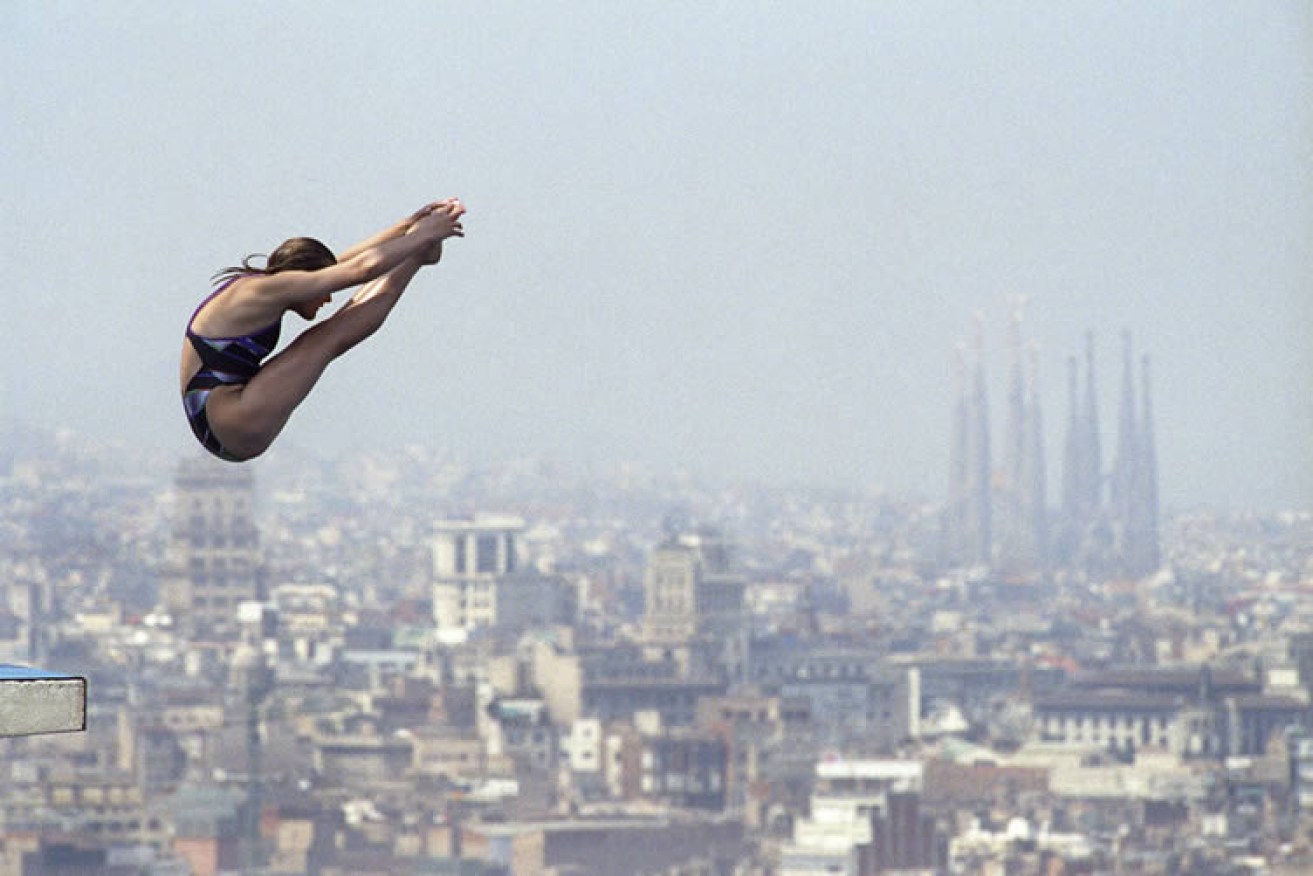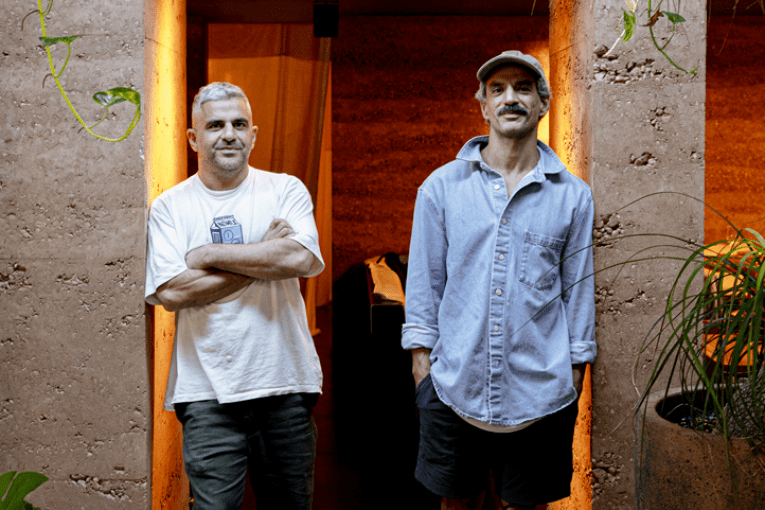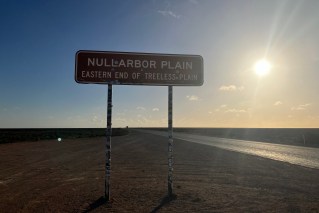Why the ‘Barcelona effect’ might be the best way to measure our Olympics
Taking full advantage of our brief time on the world stage will be a key part of a sucessful Olympic Games bid, writes Robert MacDonald


The Barcelona Olympics, including its spectacular diving venue, helped completely change the world's view of the city which became an instant tourist attraction. (Image: Trib Live)
Here’s a possibly useful rule of thumb when assessing other people’s good ideas – the more decimal points they use to forecast costs and benefits, the more wary you should be.
Especially when they’re spruiking a project many years in the future.
On that basis, we should be giving up on the 2032 Olympics bid right now.
The Queensland Government released its 2032 Olympic and Paralympic Games – Value Proposition Assessment 12 months ago and it’s full of decimal points.
It predicts quantifiable economic benefits could be $7.4 billion and that “a Games-induced uplift in trade exports” might be worth $8.63 billion over the next 20 years.
International visitor spending could rise by $20.2 billion and domestic tourism expenditure by $3.6 billion.
Such precision for something so far in the future.
How can they be so sure and should we take any of it seriously?
The thing is it doesn’t really matter. Olympic games have never been about balance sheets – as long as the hosts don’t bankrupt themselves along the way.
And that’s unlikely in Queensland’s case, partly because of the International Olympic Committee’s recently adopted “New Norm” principles, designed to save hundreds of millions of dollars in set-up costs.
The new rules give bidding cities more flexibility by relying more on existing facilities and spreading games activities around a region.
The International Olympic Committee will also tip in about US$1.8 billion to support the winning bid.
As a result, according to the Government’s value proposition’s assessment, “the budget of $4.45 billion to deliver the Olympic and Paralympic Games is expected to be cost neutral and at no cost to the Queensland Government”.
But if we’re not using bottom lines, how else do we assess the worth or otherwise of bidding for an Olympic Games?
The official post-Sydney Olympic Games report offers some guidance. Here’s what it says under its legacies and opportunities section:
“All in all, the legacies and opportunities presented by staging the 2000 Olympic Games extend to many aspects of Sydney’s life and to its role as an international centre of business and tourism. A place where innovation flourishes.
“Most importantly, in a globalised world, cities which claim a place in the sun need to be able to function as good and effective world citizens.
“Sydney demonstrated this capability in its hosting of the Games in respect of all the many ramifications of this role, including visitor hospitality, city management, transport and airport operations and, above all, the unique combination of natural beauty and friendliness of the city.
“The recognition of Sydney’s world citizenship by Sydneysiders and other Australians, and the world at large, may well be the most enduring legacy of the Games.”
That’s a long way of saying forget the dollars and cents, the real benefit of pulling off a successful Olympic Games is how it changes the way the world sees you.
There’s even a name for the idea – the Barcelona effect.
Spain’s second-largest city, Barcelona, used the 1992 Olympic Games to change the world’s image of it from an industrial town with some beautiful architecture to a modern, dynamic city and a must-see tourist destination.
And that was a city the world’s known about for centuries.
Imagine what you could achieve with a place, that, with all due respect, not everyone will be familiar with – Brisbane, capital city of Queensland, Australia, and its environs.
There are many ways to measure the ultimate success of an Olympic Games.
Some involve hard numbers – the money spent on new infrastructure, the number of medals won and, of course, the budget.
Others are more subjective – the impact on social cohesion and community pride and, as noted above, how it changes the way the world sees you.
Nation branding is hard enough. Remember the Australian Government’s failed attempt last year to come up with a new “national brand” that was supposed to be a stylised golden wattle flower but which looked more like an exploding coronavirus?
Branding a region is far more challenging. Remember those strange full-page ads in inflight business magazines, when international flying was an option, promoting this or that barely known city or region as an ideal destination for your investment dollar?
Hosting an Olympic Games is an extraordinary opportunity to attract global attention.
How we take full advantage of our brief moment on the world stage (assuming we get the nod) to attract new business, new investment and tourism will, I believe, be the ultimate test of success.
An important thing to look for as the planning for the Games unfolds over the years ahead is what the organisers and governments at all levels specifically have in mind to achieve this goal, a goal not measured in decimal points.












